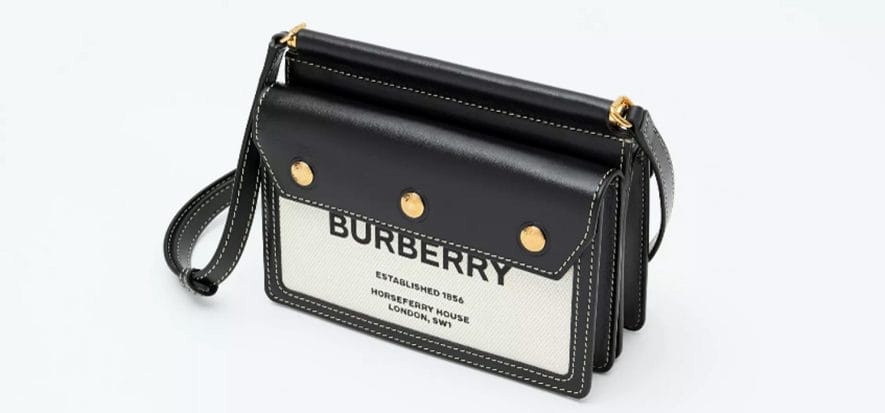Covid turned Burberry’s year upside down. During the brand’s last fiscal quarter (January-March 2020) the British brand’s sales decreased by 27%, effectively cancelling out the +4% performance it had had during the previous 9 months (April – December 2019). Overall, preliminary results show that the brand’s sales performance dropped 4% for the year (at constant rates), and profitability was deeply influenced by the impact of the virus. As for many other brands (all of them really), Burberry foresees a challenging time in the short term. In other words, the brand expects this next quarter (April – June 2020) to cause further degradation of sales performances, even with the positive signals coming from China and Korea.
Covid puts Burberry upside down
“We were giving strong impulse to our brand and products before Covid-19, with sales beating expectations”, explains in a note Marco Gobbetti, CEO of Burberry. “We will need time to heal, but we are encouraged by the strong bounce-back of some areas in Asia and are prepared to navigate this period”. The English luxury brand closed the year with 2.633 billion UK pounds of revenue: -4% at constant rates and -3% at current rates. The value is just above the 2.62 billion consensus by FactSet. Comparable sales decreased by 3% (+4% first quarter, -9% the second), while those for the 4th quarter lost 27% (just better than the -30% forecasted by the brand).
The performance of leather goods
“Accessories benefitted from the wider range of leather goods – highlights Burberry -. They proved themselves to be more resilient to the decreased luxury demand caused by the pandemic”. Profitability was deeply affected. The fiscal year closed with income before taxes of 169 million, down 62% from the previous fiscal year.
Next quarter
“We are unable to provide any guarantees for the fiscal year 2021. That being said, as we closed down 50% of our stores, we expect the first quarter 20/21 do be strongly impacted. Sales in China and Korea are already picking up and show an improving trend”, also because of the push of local markets, fueled by travel restrictions.
Strategies
Burberry explains it has increased its flexibility in order to face the pandemic, shortened delivery times of its supply chain and closely monitored inventory levels. The luxury brand plans to focus on leather and accessories for the medium-long term: “We are positioning Burberry towards the segments that are more resilient and show the most growth promise within the luxury marketplace”.
Image taken from burberry.com
Read also:
- Luxury and consumption: Europe is the threat, China is the hope
- Analysts and what if: will Kering buy out Burberry, after CRV emergency?
- Lights and shadows on Burberry’s quarter: data are ok, but there is a lot of stress










